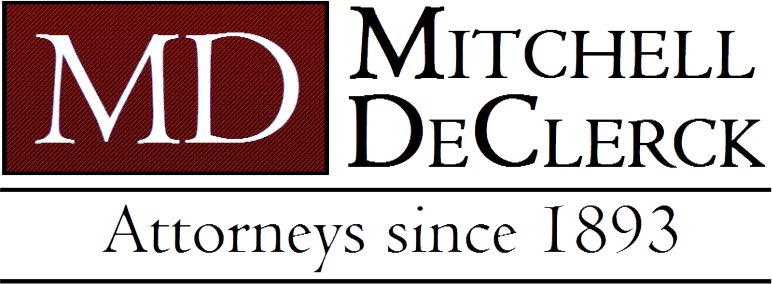Estate administration is a major personal responsibility. An individual agrees to carry out someone else’s last wishes. They attend probate court hearings, locate personal assets and distribute property in accordance with someone’s will. That process might require months of work.
Often, the testator who created the estate plan intentionally allocates a small amount of compensation for the person who serves as their personal representative. The funds or assets help to offset the stress and work that they accept when they take on that role. However, that compensation may pale in comparison with the liability that stems from estate administration.
What types of liability does an executor or personal representative risk when they agree to manage probate proceedings for someone’s estate?
They could incur liability if they make mistakes
Some people worry that they might become personally responsible for the decedent’s financial obligations if they serve as a personal representative. Technically, an estate administrator does not automatically become financially responsible for anything owed by the estate or the decedent unless they were a cosigner for the debt.
It is only if they fail to properly manage the estate that they are at risk of financial liability. For example, estate administration generally requires that someone pays the debts of the decedent. They must send notice to known creditors and publish notice for unknown creditors so that they can file a claim for repayment. Estate resources need to go toward paying debts before beneficiaries receive an inheritance. Similar rules apply to taxes.
If the personal representative of an estate fails to properly address taxes and debts, then they could be personally accountable for the value of assets that they improperly distributed. However, if the estate does not have enough resources to pay all taxes and debts, the personal representative is not responsible for the balance owed as long as they handle the estate’s responsibilities in the right order of priority.
Most personal representatives benefit from having legal support and guidance during estate administration so that they do not make mistakes that could lead to personal liability. Usually, the estate itself should absorb the cost of hiring a lawyer. As such, learning more about the risks and challenges of estate administration may benefit those chosen to serve as a personal representative.

